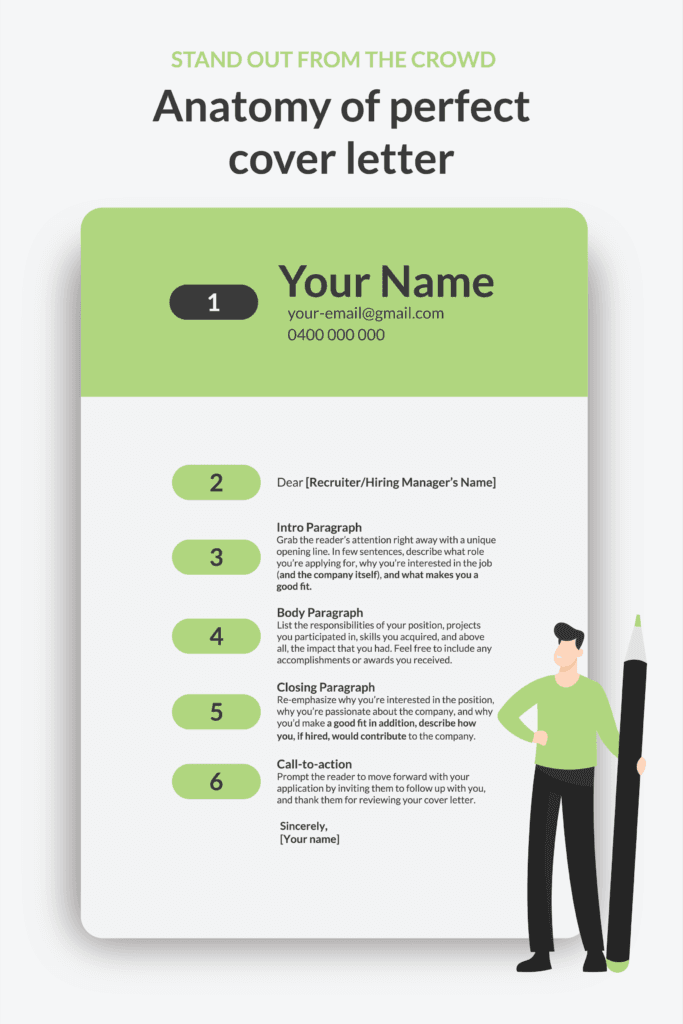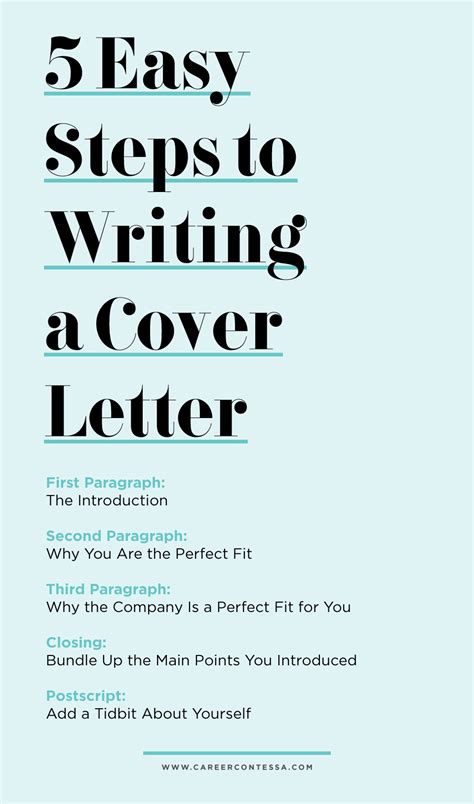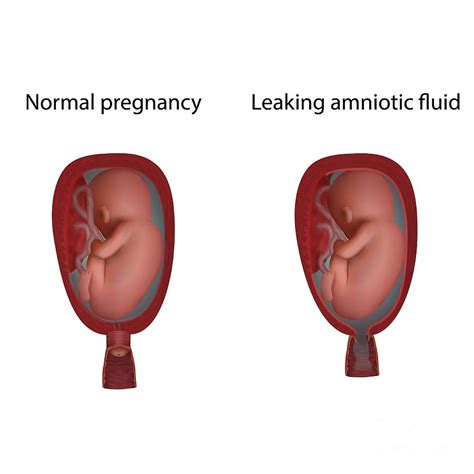What Should Be Included In Cover Letter

A well-crafted cover letter is an essential component of your job application, providing you with an opportunity to make a strong first impression and showcase your suitability for the role. It serves as a powerful tool to highlight your qualifications, experiences, and motivations, ultimately increasing your chances of securing an interview. In this article, we will delve into the key elements that should be included in a cover letter to maximize its effectiveness.
Personalization and Relevance

One of the fundamental aspects of a successful cover letter is personalization. Tailor your letter to the specific job you are applying for, emphasizing how your skills and experiences align with the requirements outlined in the job description. This demonstrates your enthusiasm and demonstrates that you have thoroughly researched the role and the company.
Start by addressing the letter to the hiring manager or recruiter by name, if available. This simple gesture can make your application stand out and show that you have gone the extra mile. If the contact information is not provided, you can address it to "Dear Hiring Team" or a generic title such as "Recruitment Manager."
Key Elements of a Cover Letter
- Introduction: Begin your cover letter with a compelling introduction that grabs the reader’s attention. Mention how you learned about the job opportunity and express your enthusiasm for the role. Briefly highlight your key qualifications and how they match the job requirements.
- Relevant Experience: Focus on your most relevant work experiences and accomplishments. Provide specific examples that demonstrate your skills and achievements. Quantify your accomplishments whenever possible, as it adds credibility to your claims. For instance, instead of saying, “I increased sales,” state, “I boosted sales by 15% through effective marketing strategies.”
- Skills and Abilities: Highlight the skills and abilities that make you an ideal candidate for the position. Emphasize soft skills such as effective communication, problem-solving, teamwork, and adaptability. Additionally, mention any technical skills or industry-specific expertise you possess.
- Education and Training: If your education or training is closely related to the job, mention it in your cover letter. Highlight any relevant courses, certifications, or degrees that demonstrate your knowledge and expertise in the field.
- Career Goals and Aspirations: Share your long-term career goals and explain how this job aligns with your aspirations. Express your desire to contribute to the company’s success and growth. This shows your commitment and passion for the industry.
- Closing: End your cover letter on a strong note. Reiterate your interest in the position and express your eagerness to discuss your qualifications further. Provide your contact information and mention that you are available for an interview at their convenience.
| Cover Letter Tips | Examples |
|---|---|
| Keep it Concise | Limit your cover letter to one page, focusing on the most relevant and impactful information. |
| Use Active Voice | Write in an active voice to make your cover letter more engaging and impactful. For example, "I led a successful marketing campaign" instead of "A successful marketing campaign was led by me." |
| Proofread and Edit | Thoroughly proofread your cover letter for grammar, spelling, and punctuation errors. Consider asking a friend or mentor to review it for a fresh perspective. |

Conclusion

A cover letter is your chance to make a strong first impression and differentiate yourself from other applicants. By personalizing your letter, highlighting relevant experiences and skills, and expressing your enthusiasm for the role, you can increase your chances of landing an interview. Remember to keep it concise, use active voice, and proofread your work. With a well-crafted cover letter, you’ll be one step closer to securing your dream job.
How long should a cover letter be?
+A cover letter should typically be no longer than one page. Focus on providing concise and impactful information to keep the reader engaged.
Should I include my salary expectations in the cover letter?
+Including salary expectations in your cover letter is not necessary. It’s generally best to discuss salary during the interview process when you have a better understanding of the role and the company’s compensation structure.
Can I use a generic cover letter for multiple job applications?
+While it’s tempting to save time by using a generic cover letter, it’s always better to customize each letter to the specific job you’re applying for. Personalization shows your dedication and increases your chances of being noticed.



